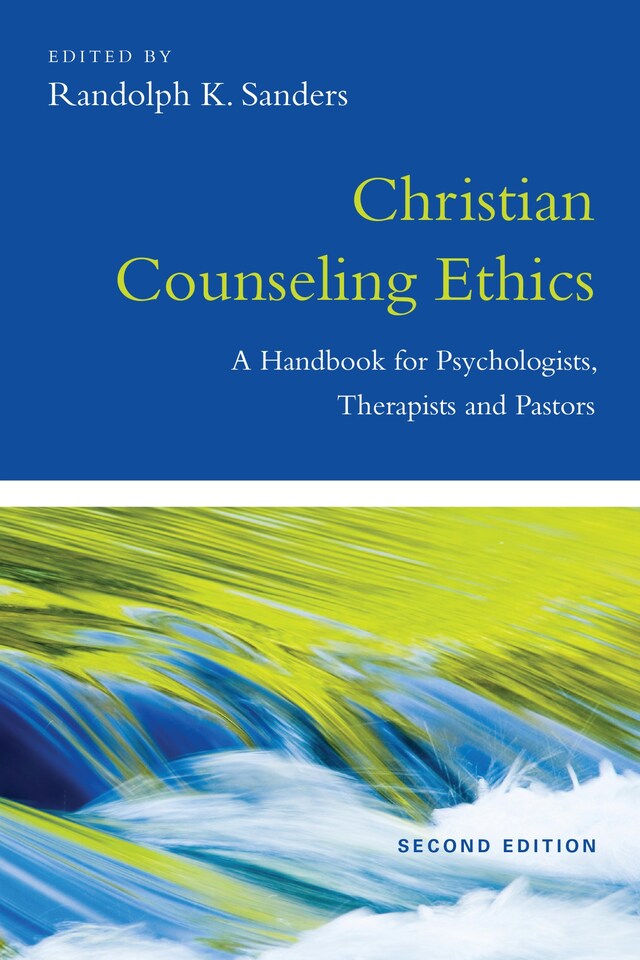
Christian Counseling Ethics
A Handbook for Psychologists, Therapists and Pastors
Description of book
"For the clients who see us in counseling . . . theological purity will make little difference if we do not practice with ethical integrity."Randolph K. Sanders, from chapter oneThe work of psychotherapy and counseling is full of ethical challenges and dilemmas. Responding to these situations with wisdom is critical, not only for the professional?s credibility, but also for good therapeutic relationships and positive treatment outcomes. Since its first publication,
Christian Counseling Ethics has become a standard reference work for Christian psychologists, counselors and pastors and a key text at Christian universities and seminaries. This thoroughly revised edition retains core material on counseling ethics that has made it so valuable in a variety of settings. Now fully updated, it weighs and assesses new and emerging ethical issues in the field. For example, the current volume explores ethical issues involved in:
multiple relationshipsconfidentialitydocumentationtherapist competence and characteraddressing spiritual and value issues in therapyteletherapyindividual and couples therapycounseling with minorspsychological first aid after disasterscounseling crossculturallyIn addition, the book considers dilemmas Christian therapists face in specific settings such as:
church-based counseling centersgovernment and military institutionsmissions organizationscollege counseling centersPsychologist Randolph Sanders has assembled a distinguished team of clinicians and academicians to address the issues. They include W. Brad Johnson, Alan Tjeltveit, Everett Worthington, Sally Schwer Canning, Siang-Yang Tan, Tamara Anderson, Stanton Jones, Jennifer Ripley, Angela Sabates, Mark Yarhouse, Richard Butman and Cynthia Eriksson.
Christian Association for Psychological Studies (CAPS) Books explore how Christianity relates to mental health and behavioral sciences including psychology, counseling, social work, and marriage and family therapy in order to equip Christian clinicians to support the well-being of their clients.

